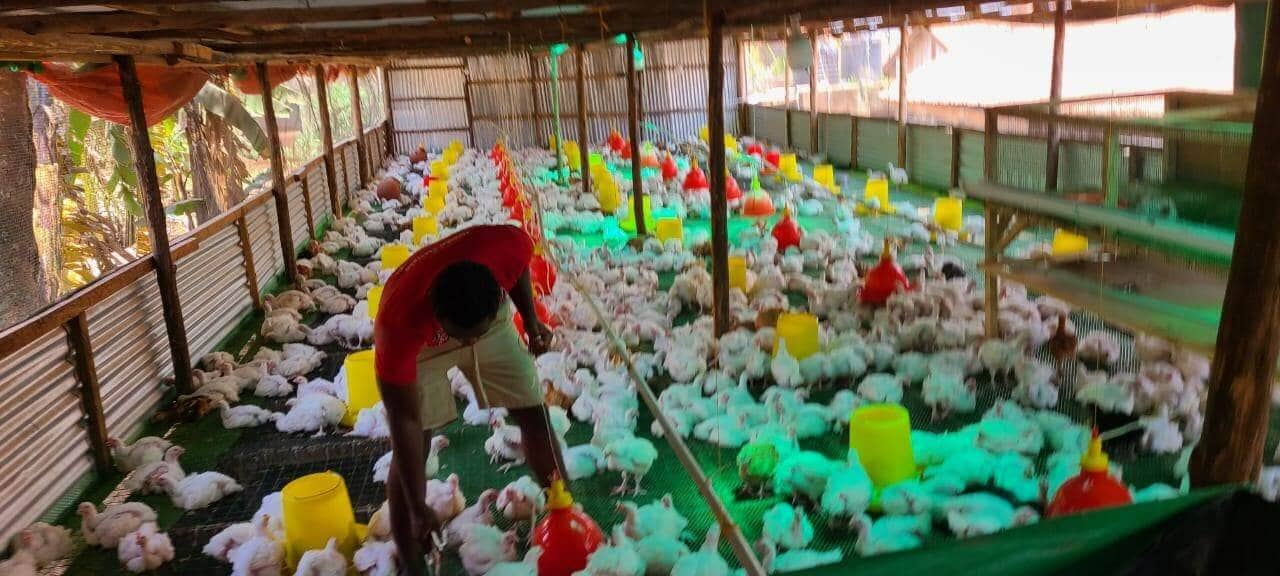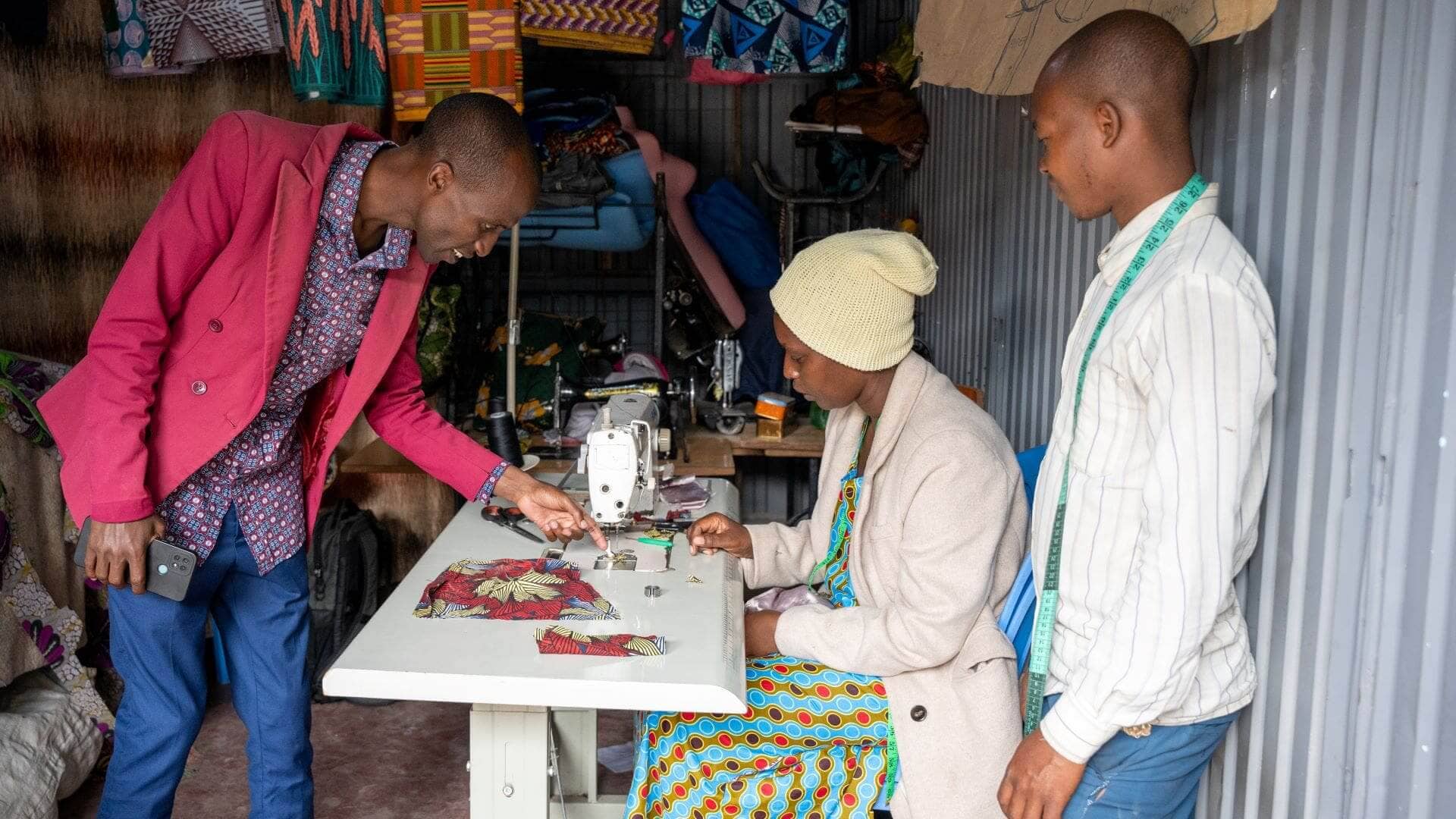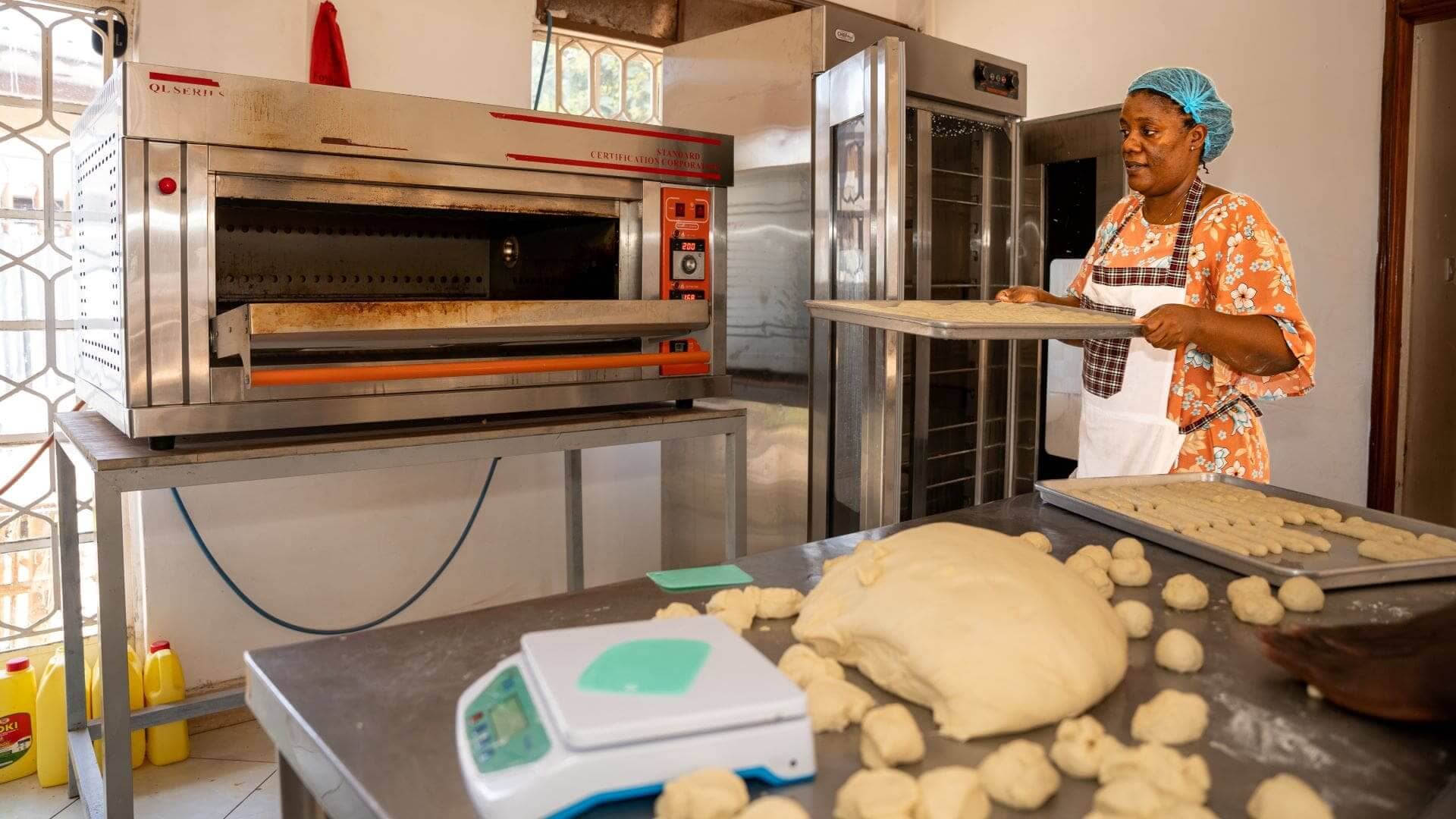Jobs for refugees in Kenya: Here is what employers need to know
Jobs for refugees in Kenya: Here is what employers need to know
Nairobi City County Government inspectorate staff participate in a Re:BUiLD induction held in Nairobi on June 13th 2023. (PHOTO: NCCG)
Hiring refugees in Kenya? Here are common questions employers ask
As an employer considering to offer a refugee a job in Kenya, you may ask yourself several questions to inform your decision making. It is important that you make an informed decision. Here are some common questions and what you may need to know when hiring a refugee in Kenya.
1. What legal obligations and regulations should we consider when hiring a refugee?
When employing refugees, employers must adhere to Kenyan labor laws, which apply to refugees as they do to Kenyan citizens. These laws cover aspects such as minimum wage, working hours, workplace safety, and employment contracts. It is crucial to ensure that they have the necessary work authorization, which may be in the form of a work permit or an endorsement on their refugee status document. Refugees, like other employees, may be entitled to certain social security benefits, such as health insurance and pension contributions. For more information on issues of access to decent work for refugees, you can refer to the decent work policy brief.
2. What are the potential benefits of hiring a refugee?
Adding refugees into the workforce can promote social cohesion and reduce tensions between host communities and refugees, as it creates opportunities for cultural exchange and understanding. Additionally, employing refugees can lead to a more inclusive society, improved livelihoods, and a more stable region as a whole as they equally contribute to growth of the local economy.
3. Are there any language barriers that might affect communication or job performance?
Language proficiency of refugees looking for jobs in Kenya can vary widely based on their education, background, and exposure to different languages. Many refugees in Kenya learn Swahili to communicate with the local population. Those who have had access to education, may have some proficiency in English. Some refugees from French-speaking countries, such as the Democratic Republic of Congo, Burundi, and Rwanda, may speak French.
4. What skills and qualifications does the refugee possess that align with the Kenyan job market needs?
Most refugees pursue different skills depending on their backgrounds and circumstances they are living in. Through Vocational Training Institutions, programs such as Re:BUiLD have supported refugees in Nairobi to acquire skills that enable them contribute to local economies. Refugees can fit in the construction industry as carpenters, masons, electricians, or plumbers and plant operators. Besides that, in this digital wake, refugees are increasingly acquiring skills in information technology and computer literacy. They might have knowledge of computer applications, basic programming, or online communication platforms where they can work as managers or creatives.
5. How can we ensure a smooth integration process for the refugee within our workplace?
By thinking about this, you are in a better place. By increasing the level of awareness on refugee issues and rights at the workplace, we create an enabling environment for their integration. Allowing room for their involvement and participation in decision making will also go a long way.
6. Are there any cultural considerations that we need to be aware of when working with a refugee?
At your workplace, refugee, just like other workers come from various cultural backgrounds. Always be wary of cultural norms and how they may affect the experiences and needs of male, female, and gender non-conforming refugees. Strive to create an environment that Respect cultural sensitivities related to gender segregation, appropriate dress codes, and interactions between genders.


